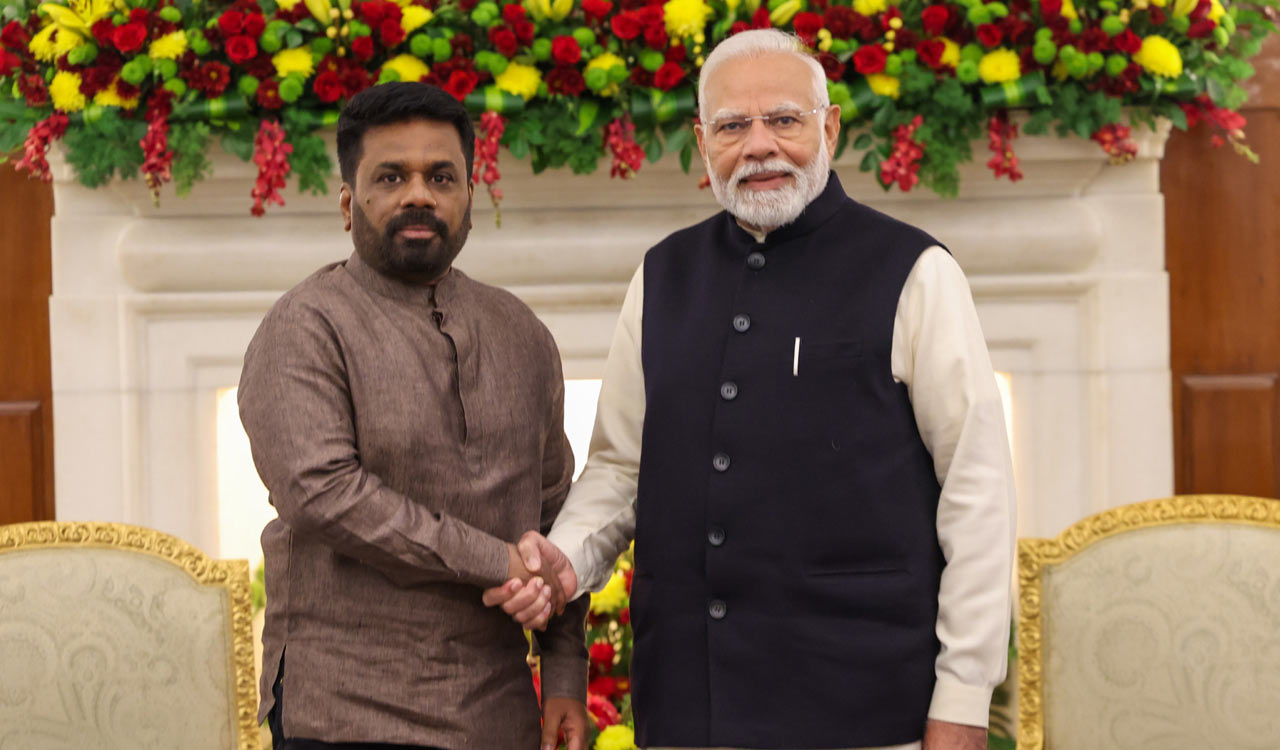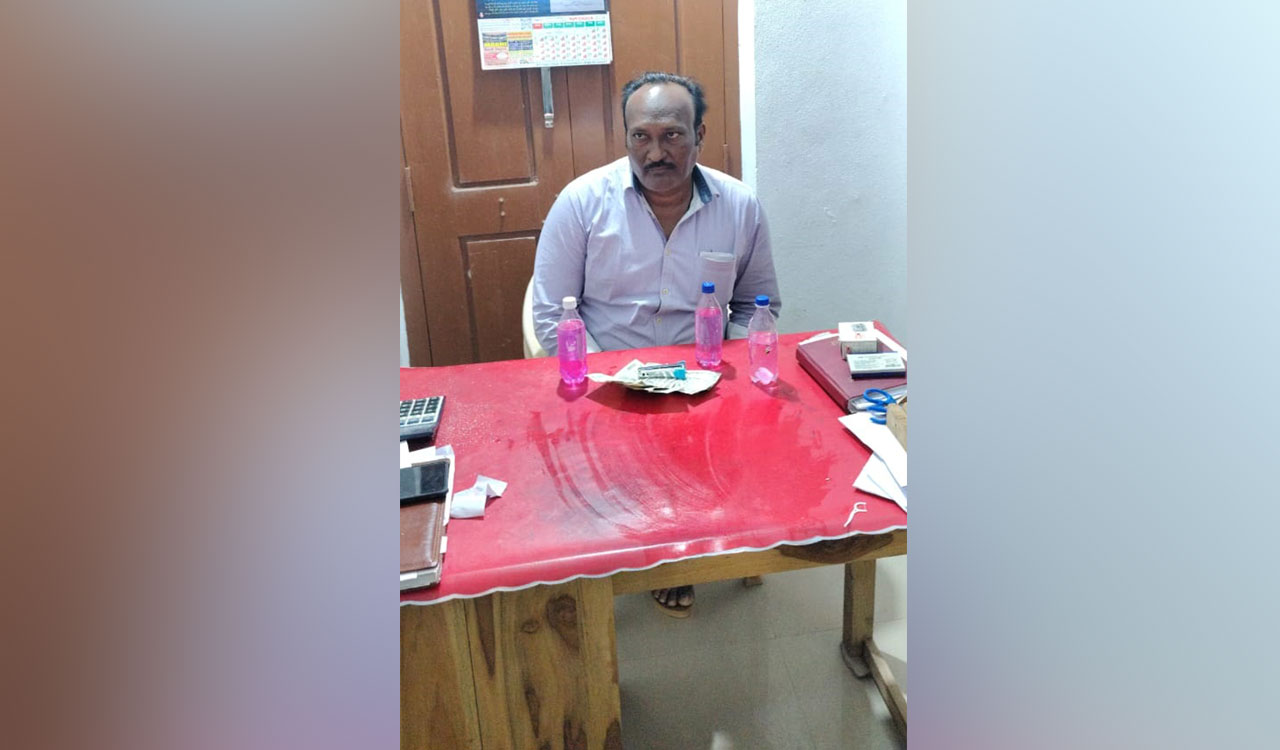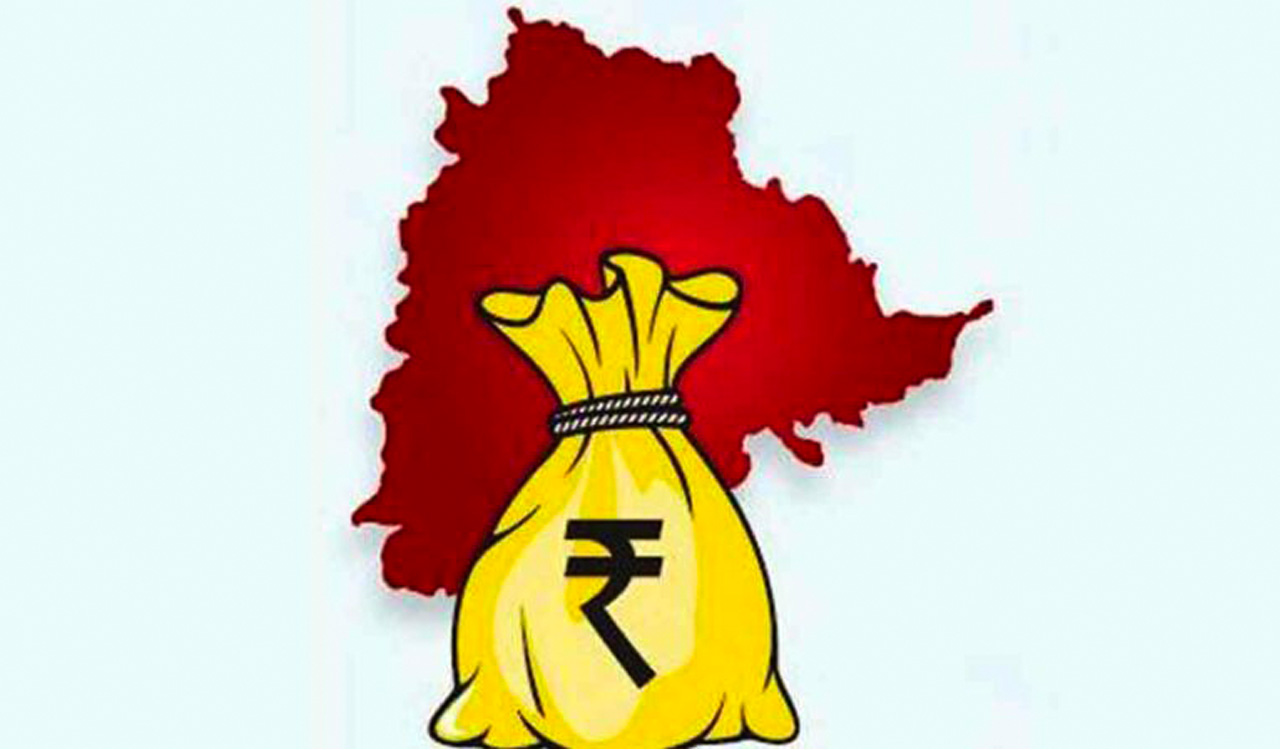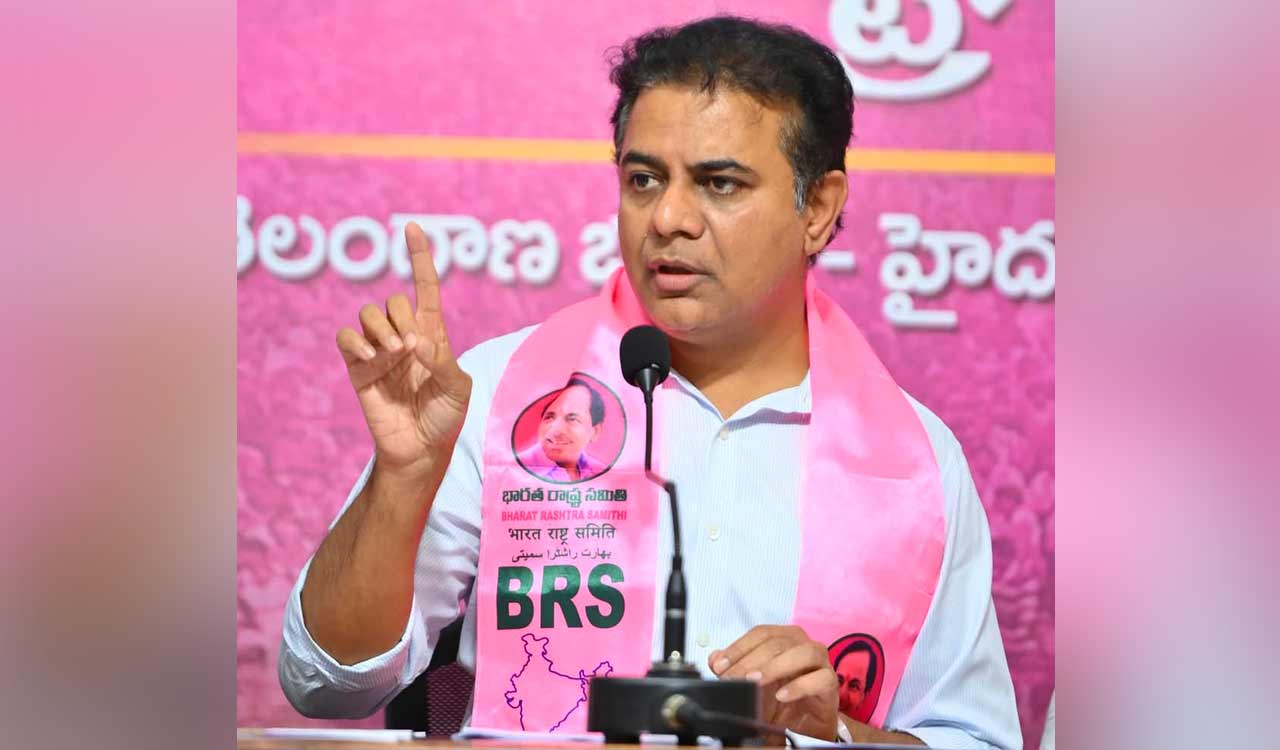Editorial: Winds of change in Sri Lanka
The strong mandate for Dissanayake’s coalition comes with great expectations of a speedy recovery
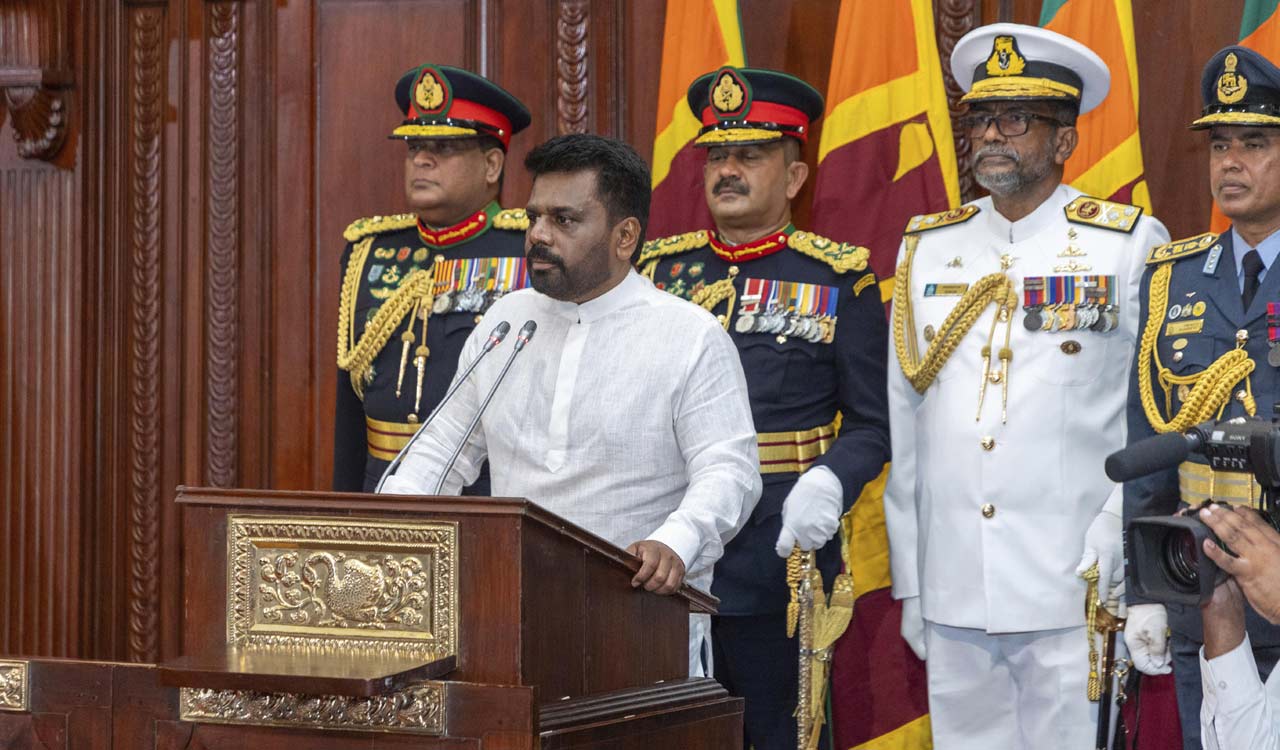
After enduring an unprecedented economic crisis, it is time for healing for the people of Sri Lanka. The landslide victory to the leftist President Anura Kumara Dissanayake’s National People’s Power coalition in the snap Parliament elections reflects hope and optimism in a country that had witnessed mass protests two years ago over economic meltdown. The strong mandate for Dissanayake’s coalition — a two-thirds majority in Parliament with a 62% vote share — comes with great expectations of a speedy recovery from the crisis that had brought the island nation to its knees. The most significant aspect of this election has been the victory of the NPP coalition even in the Tamil-dominated Jaffna Peninsula for the first time since the country’s independence from Britain in 1948. This demonstrates how the promise of economic betterment is far more important for people than the politics of ethnic identity. Soon after being elected as the President in September — marking a tectonic shift in the nation’s politics —Dissanayake called for snap elections to seek a fresh mandate to pursue his pro-poor policies and governance reforms to root out corruption. His promise of slashing taxes has clearly found resonance with people who are reeling under poverty and finding it hard to keep pace with the high cost of living. The resounding mandate is expected to give further momentum to the transformation of the island nation’s political landscape which for decades was dominated by established political parties of family dynasties.
The once-mighty Rajapaksa brothers did not enter the electoral fray this time. Nor did former President Ranil Wickremesinghe. Both the Wickremesinghe-backed New Democratic Front and the Rajapaksa family’s Sri Lanka Podujana Peramuna party suffered an electoral debacle as voters made a clean break from the country’s longstanding tradition of dynastic politics. High inflation, food and fuel shortages precipitated a political crisis in 2022 which led to the ousting of President Gotabaya Rajapaksa. His successor Wickremesinghe managed to negotiate a bailout package worth $3bn with the International Monetary Fund, but many Sri Lankans continue to feel economic hardship. The World Bank expects the economy to grow by only 2.2% in 2024. One of the major challenges before Dissanayake is to steer the country out of the woods, repay the debts, regain the confidence of foreign and domestic investors and pull one-fourth of the population out of poverty. He has promised to reform the political culture and punish members of past administrations for corruption. From supporting the Maoist pursuit of capturing political power through the barrel of a gun to becoming an ardent believer in the power of the ballot box, Dissanayake has come a long way in his political journey. To begin with, his dramatic victory in the presidential election — an unthinkable scenario a few decades ago — can be attributed to his promise to revive the fragile economy and root out corruption.
Related News
-
Cartoon Today on December 25, 2024
4 hours ago -
Sandhya Theatre stampede case: Allu Arjun questioned for 3 hours by Chikkadpallly police
5 hours ago -
Telangana: TRSMA pitches for 15% school fee hike and Right to Fee Collection Act
5 hours ago -
Former Home Secretary Ajay Kumar Bhalla appointed Manipur Governor, Kerala Governor shifted to Bihar
5 hours ago -
Hyderabad: Organs of 74-year-old man donated as part of Jeevandan
5 hours ago -
Opinion: The China factor in India-Nepal relations
5 hours ago -
Editorial: Modi’s Kuwait outreach
5 hours ago -
Telangana HC suspends orders against KCR and Harish Rao
6 hours ago

